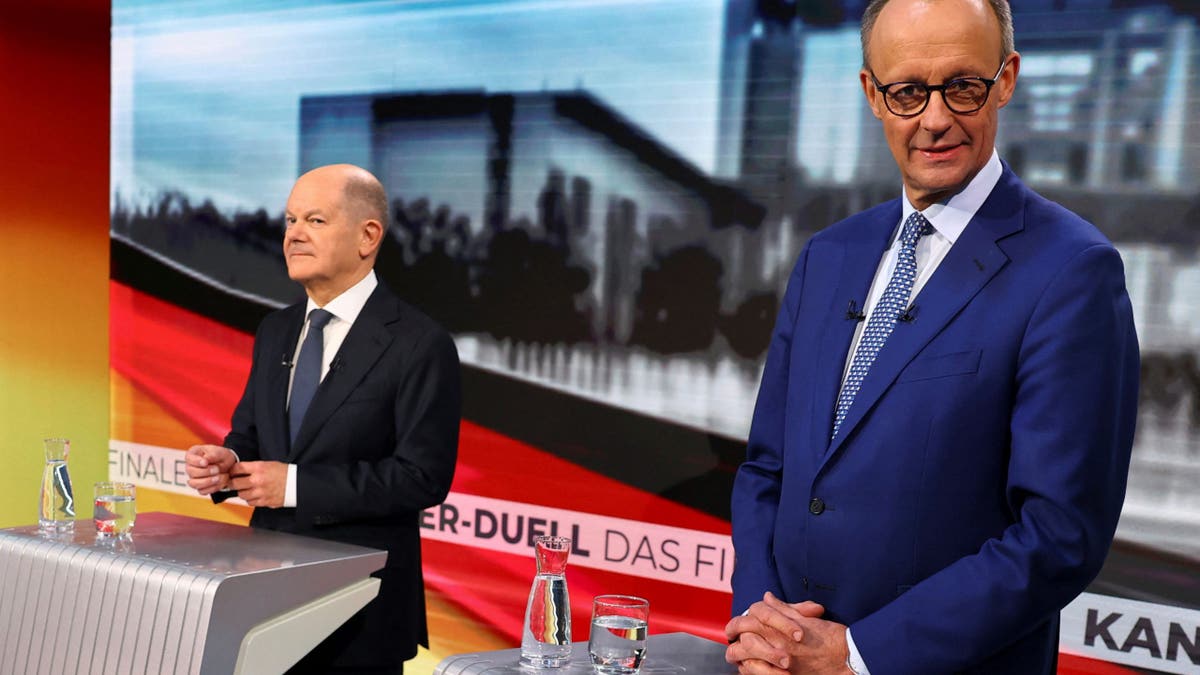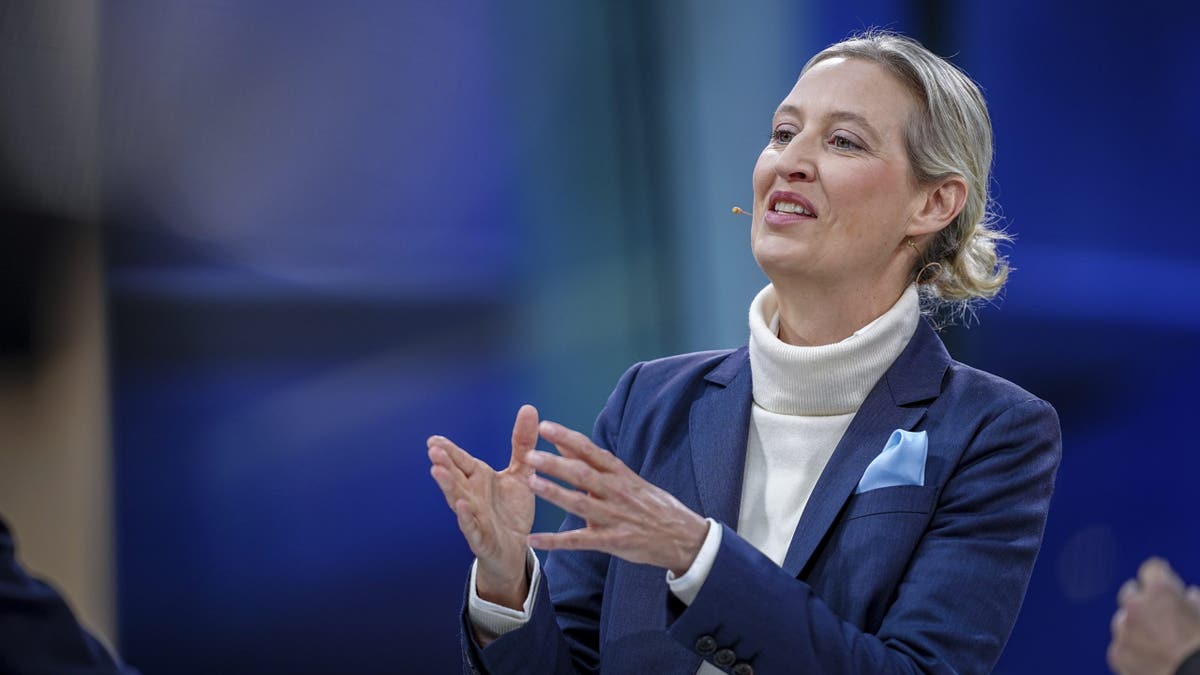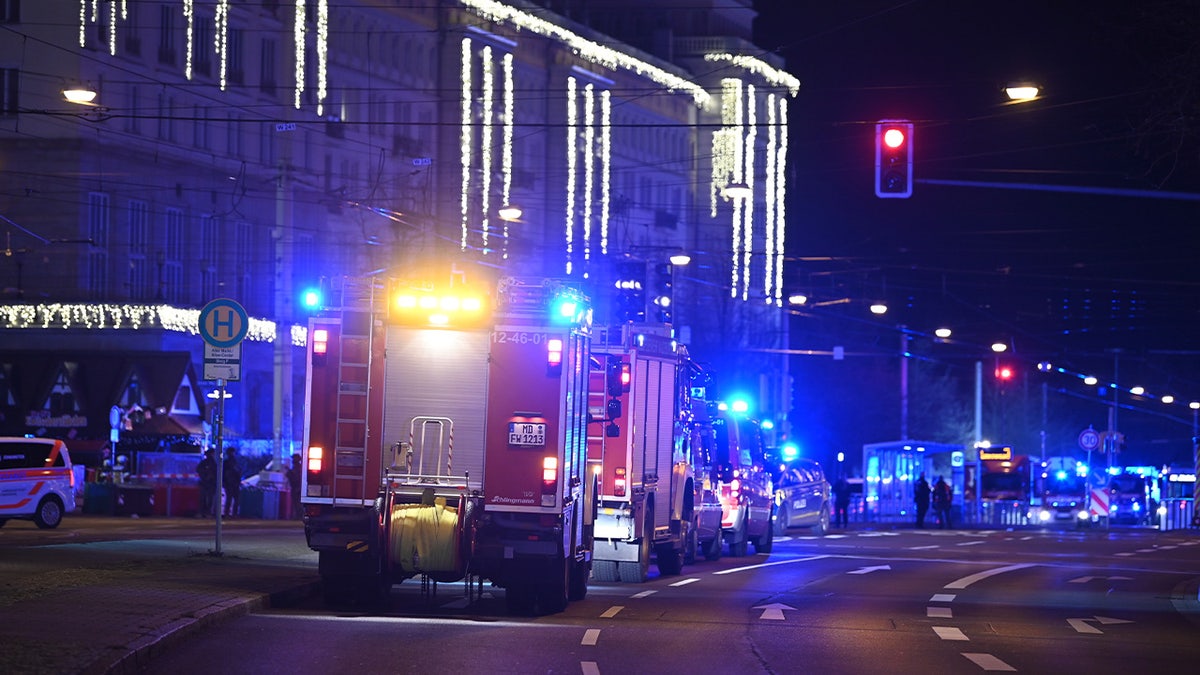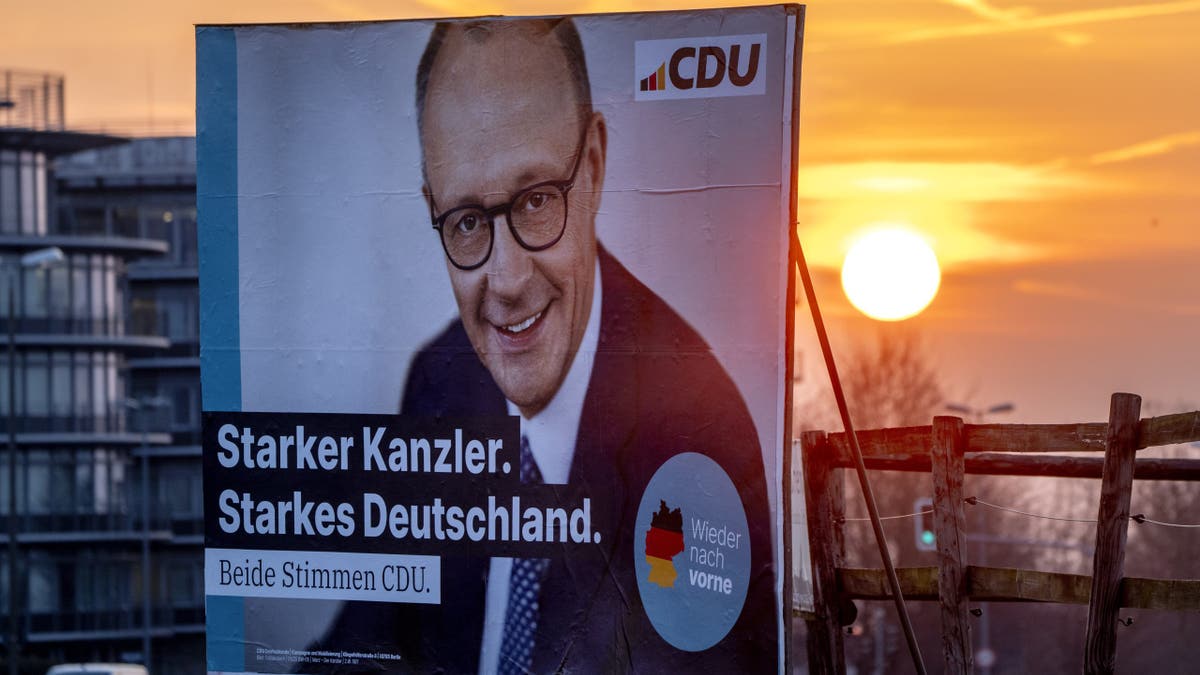Germany's upcoming election is creating a stir, with the conservative Christian Democrats (CDU), spearheaded by Friedrich Merz, poised to potentially unseat current Chancellor Olaf Scholz. However, Merz has indicated his unwillingness to collaborate with the right-wing populist Alternative for Germany (AfD) party, despite its growing popularity.
This election has garnered international attention, including from figures like Elon Musk and US Vice President JD Vance. Musk's endorsement of the AfD as a solution to Germany's economic challenges has sparked controversy and accusations of election interference from German officials. Vance's meeting with AfD leader Alice Weidel and his criticism of the German government's policy of isolating the AfD have further fueled the debate.

The CDU's refusal to work with the AfD could lead to a fragmented coalition government with disparate priorities. While the AfD may be excluded from power, its influence on public discourse is undeniable. The party has effectively tapped into public anxieties surrounding migration, particularly following a series of migrant-related violent incidents. The AfD advocates for tighter immigration controls, resonating with concerns about rising migration numbers due to global conflicts.

Key election issues include the economy, security, and immigration. Many voters connect these concerns to perceived failures of previous administrations. The AfD's anticipated strong performance, potentially doubling its 2021 vote share, highlights its growing appeal. Experts suggest that Merz has shifted the CDU's stance to the right on these key issues to recapture voters drawn to the AfD's platform.

Interestingly, the AfD's call for an end to Ukrainian aid and the lifting of Russian sanctions might align with former President Trump's views. However, the CDU maintains a strong transatlantic stance, viewing Russia as a significant security threat and prioritizing Ukrainian victory. This position is echoed by other European leaders, suggesting continued and potentially increased support for Ukraine.

The CDU has consistently led in polls, maintaining around 30% support. The election follows the collapse of Scholz's coalition government due to fiscal disagreements. Economic challenges, including post-pandemic inflation and sluggish growth, have also contributed to declining public confidence in Scholz's leadership.

The AfD has faced significant scrutiny, being placed under surveillance by German intelligence in 2021 as a suspected right-wing extremist group due to alleged ties to neo-Nazi factions. Despite appeals, the designation remains. Several AfD members, including prominent figures like Björn Höcke, have faced convictions for using Nazi rhetoric and symbols. The party's classification as an extremist threat raises complex questions about its role in German politics.
Comments(0)
Top Comments